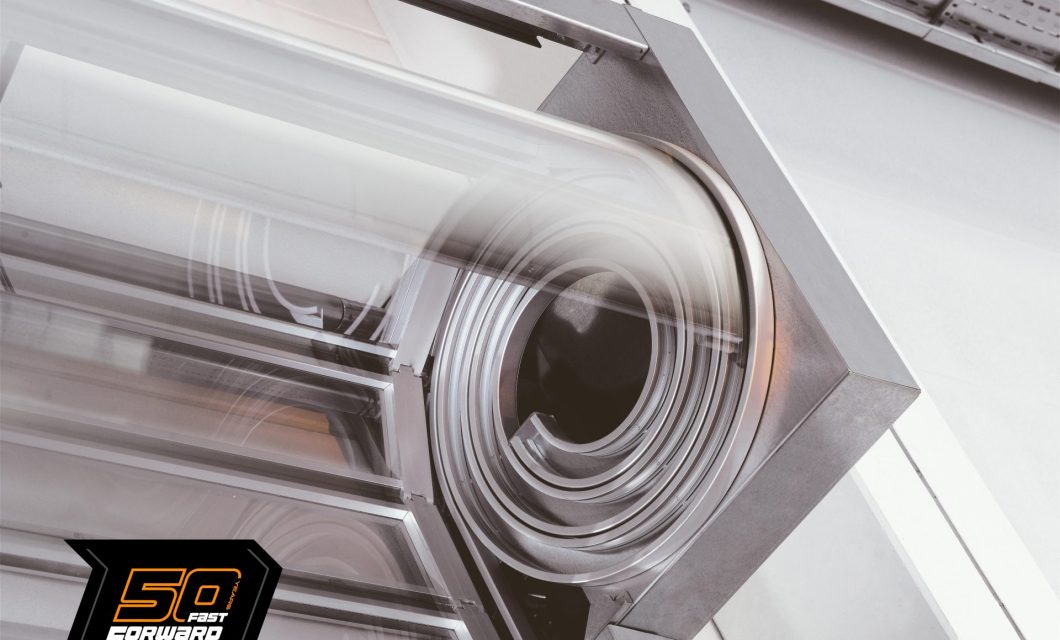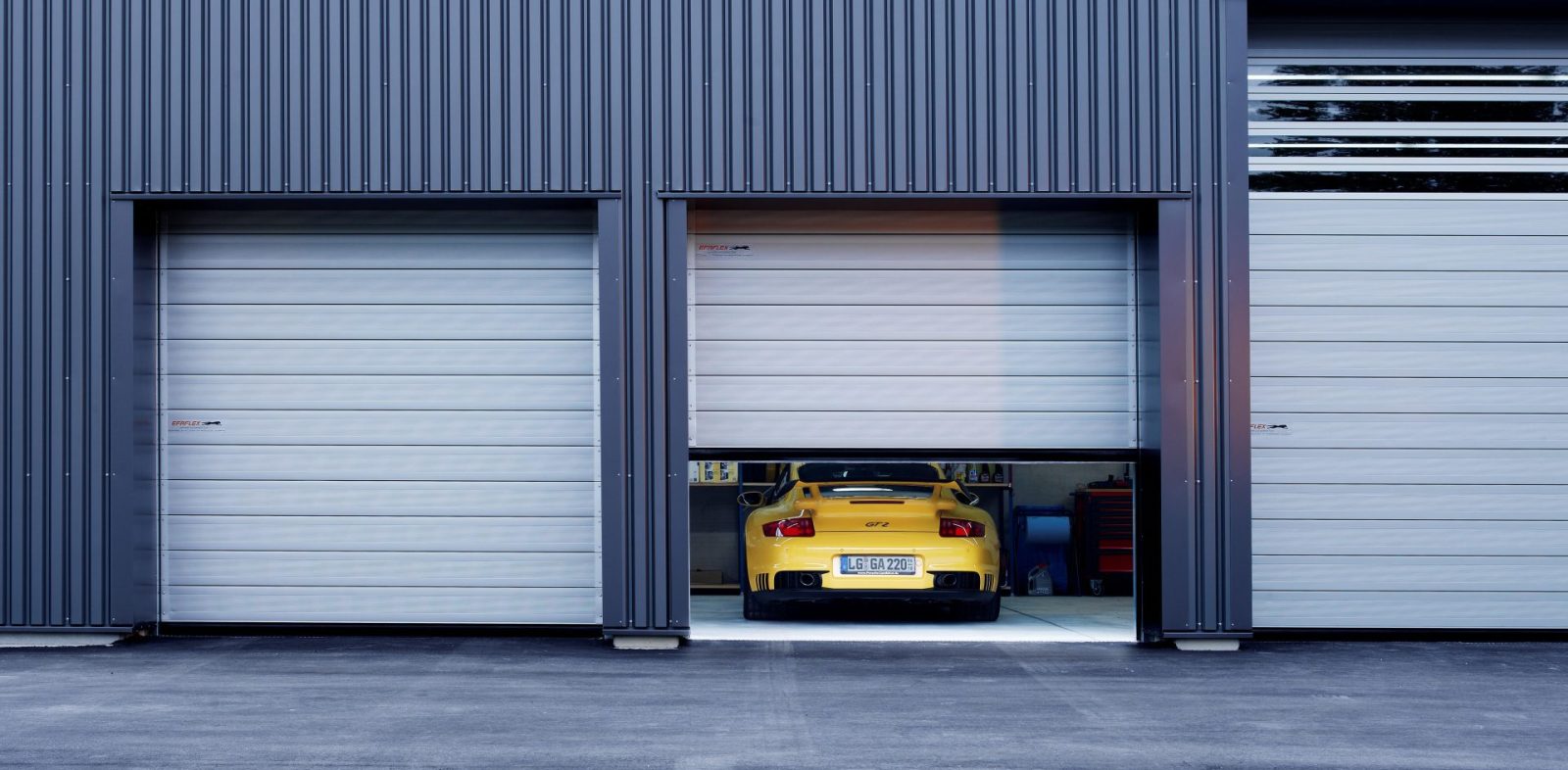
50 Years of Responsibility: When the “N” in corporate DNA stands for Sustainability
What does sustainability actually mean? Sure, dictionaries give a pretty clear definition here. But what does it mean in practice to be sustainable, especially for companies? This question can be examined very well using the example of EFAFLEX. The company has been consistently expanding its own sustainability since the company was founded 50 years ago – and even in its anniversary year, it looks more to the future than to the past.
For EFAFLEX, sustainability means taking tomorrow into account today. And: take responsibility. After all, it is the manufacturing industry that has to deal particularly intensively with challenges such as resource conservation, reduction of CO2 emissions and secure supply chains. Many of these topics have only become widely known in recent years. However, they were also relevant five decades ago. Therefore, sustainable action played a fundamental role at EFAFLEX right from the start (even though no one spoke of “sustainability” back then).
For people, by people
There is a simple reason for this: Much of what falls under the heading of “sustainability” today is an indispensable part of EFAFLEX’s corporate DNA. For example, the company has always focused on people. Social responsibility continues to shape corporate activities in many ways to this day.
Unfortunately, value chains free of human rights violations or an open working atmosphere characterised by affirmation and respect are not a given in many places today – but at EFAFLEX they are. In addition, the company is involved in a variety of projects, initiatives, and sponsorships both at home and abroad.
Sustainability through Quality
The quality factor is also inextricably linked to EFAFLEX. Of course, a high-quality product does not necessarily have to be sustainably manufactured; in many cases the opposite is probably the case. But for EFAFLEX, exceptional product quality always meant selecting all materials and every component, no matter how small, very precisely, consciously, and with great care. This is why the company does not source raw materials, electrical products etc. from the other side of the world, but primarily from European or, at best, even regional suppliers.

On the other hand, the high-quality standards of EFAFLEX also ensure other forms of sustainability: Because the doors are manufactured so conscientiously, their product lifespan is well above average. This longevity saves enormous resources overall. If a door still needs to be disposed of, EFAFLEX has taken this into account: all products can be recycled according to type.
Reduces the CO2 footprint
Long before politics and the public discussed energy efficiency, the topic had also become a practice at EFAFLEX. Simply because of the company’s strong customer orientation: In order to keep the operating costs of the doors low, they consume relatively little energy. With their fast opening and closing speeds, they also help keep local productivity high – while avoiding heat or cold loss between the separate areas.
This also saves energy costs and up to 2 tons of CO2 per year. What at first sounds like “accidental sustainability” or sustainability as a side effect, however, is the result of intelligent design and a comprehensive awareness of various relevant aspects in product development.
Elsewhere, the sustainability efforts (and successes) of EFAFLEX are clearly recognisable as such: for example, when it comes to making the company increasingly digital and paperless or by promoting the eMobility via own charging stations on the company premises. It quickly becomes clear that becoming increasingly sustainable for EFAFLEX does not mean meeting external requirements. It is an almost natural process, as the claim has always been part of the company’s DNA in some form.

